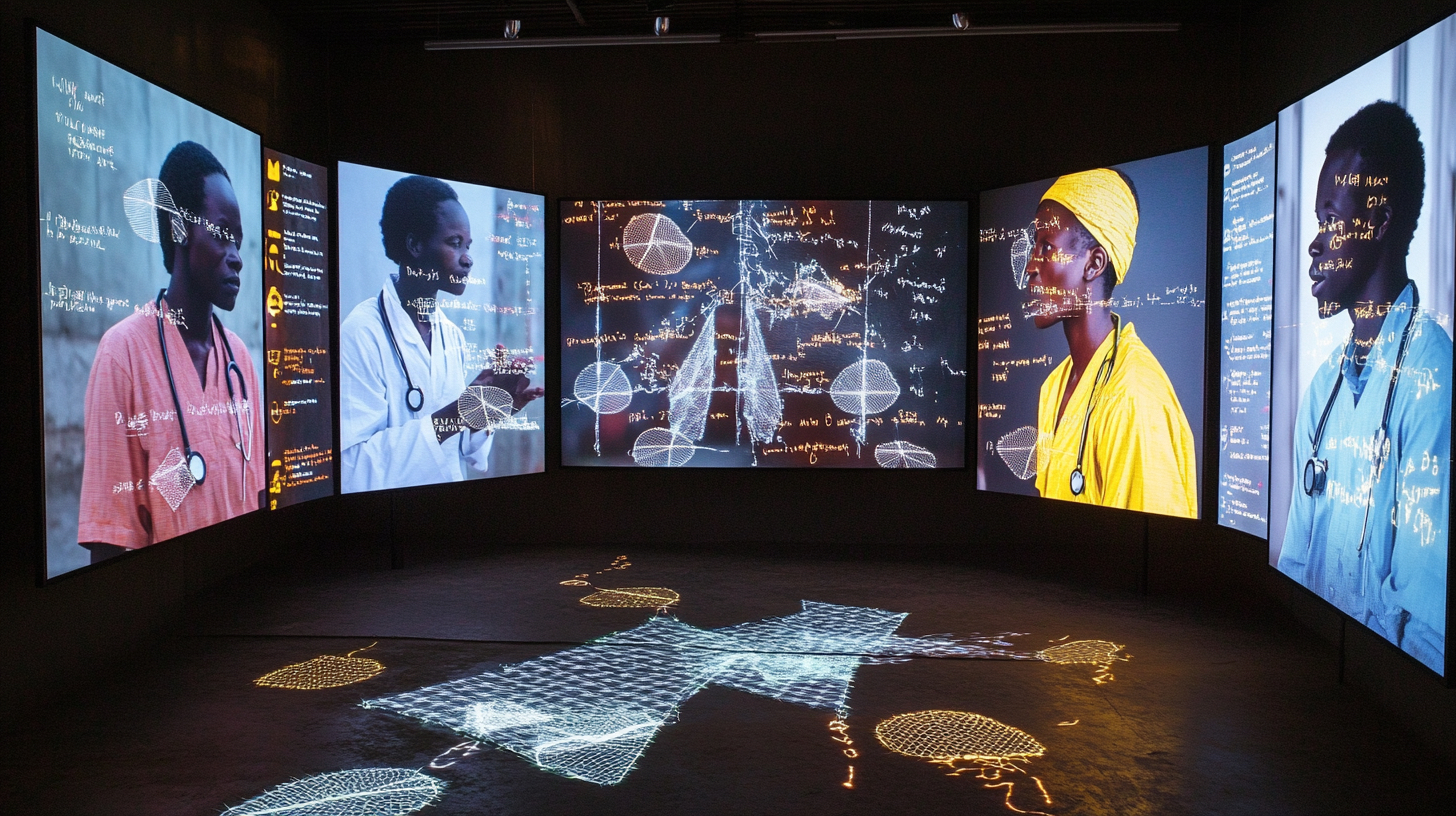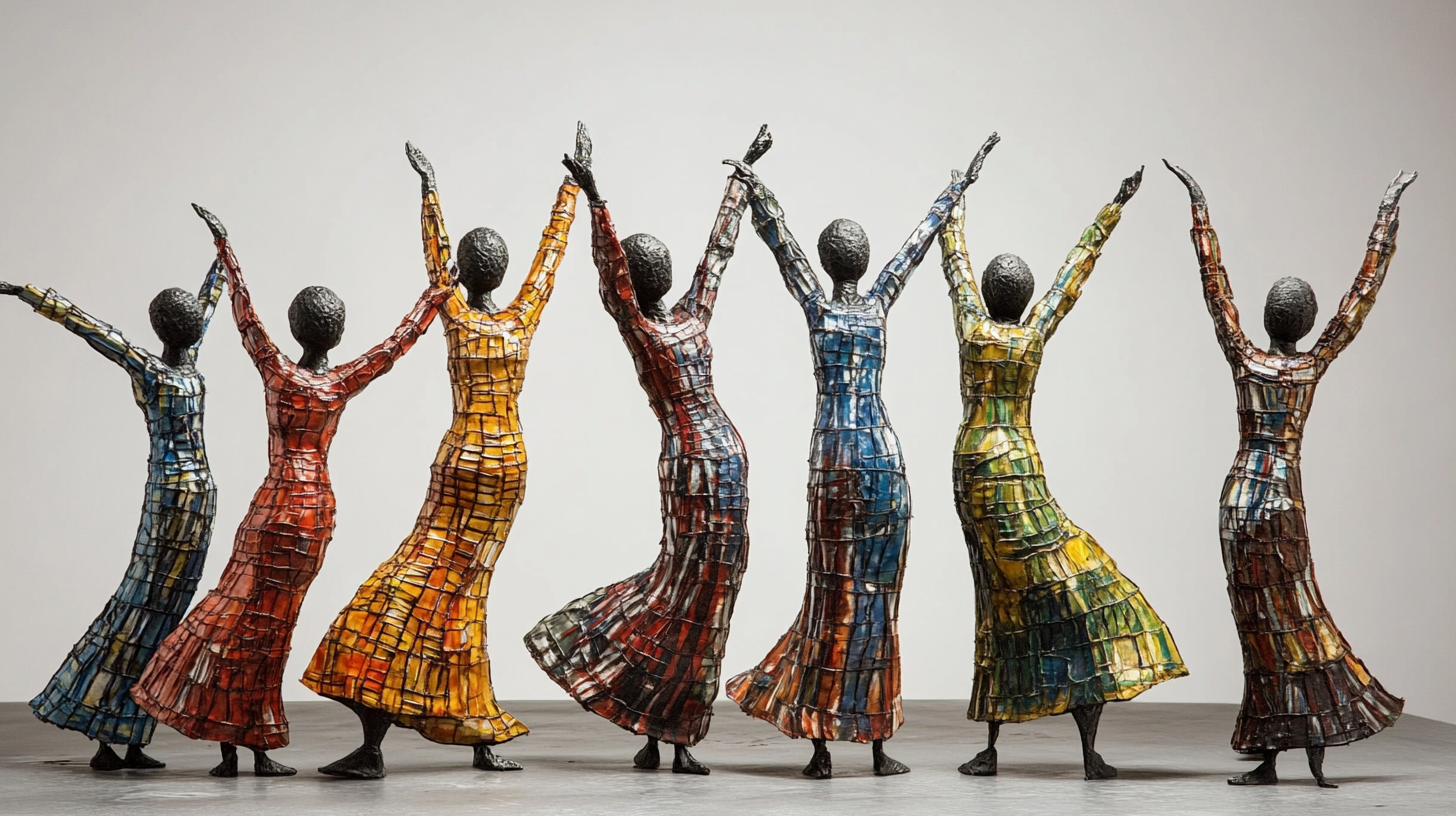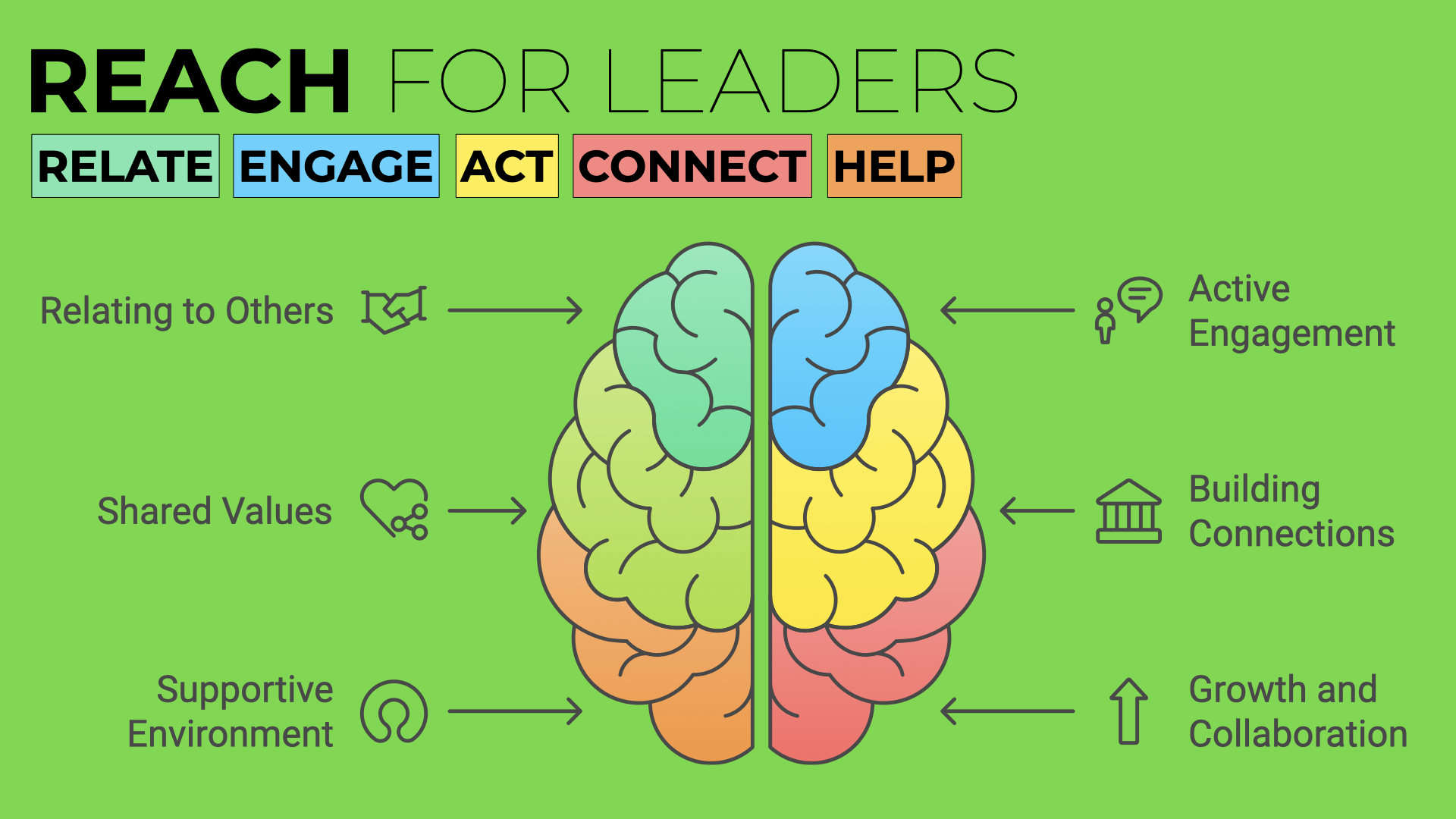
Nearly 300 malaria prevention health leaders from 45 countries met virtually on November 20, 2024, in parallel English and French sessions of REACH. This new initiative connects organizational leaders tackling malaria and other pressing health challenges across borders. REACH emerged from Teach to Reach, a peer learning platform with over 23,000 health professionals registered for its eleventh edition on 5-6 December 2024.








